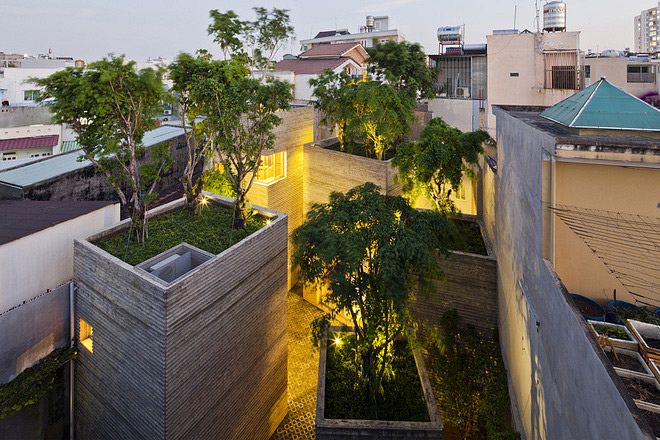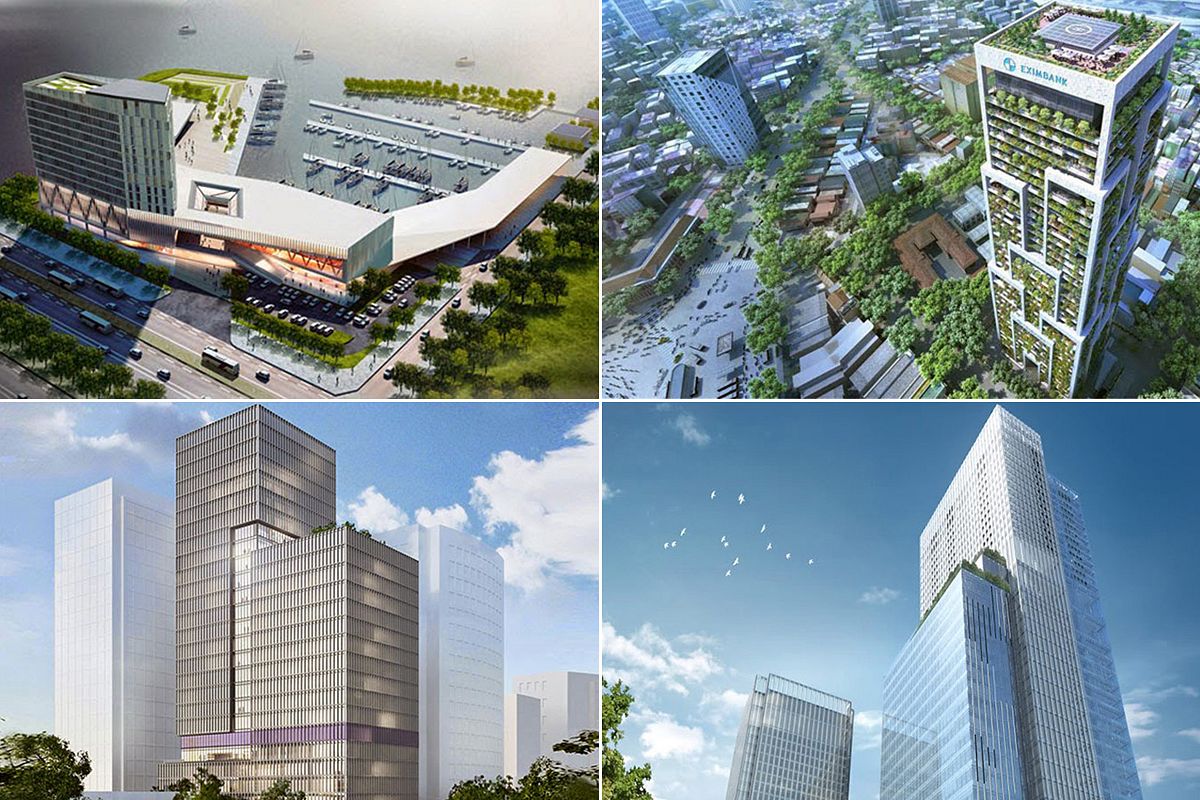Squatters, deforestation and illegal land brokers threaten the island’s master plan.
The value of land on the island of Phu Quoc has skyrocketed in recent years, creating problems for local rule of law.
According to Dan Tri, a government investigation is currently underway regarding problematic land management on the island, including brokers who have been illegally flipping unregistered properties, as well as severe deforestation.
The government is set to commence a 70-day inspection of properties throughout the island, a rapidly developing tourist destination in Kien Giang Province. The inspection has likely been spurred on by a large influx of unlawful land occupants, commonly known as squatters, who have been building small, prefabricated houses along increasingly valuable coastline, the news source shares.
As many as 540 illegal construction projects were found within the first three months of this year alone, authorities said. Local brokers and officials have suggested that Phu Quoc’s "land fever" is largely being engineered by outside actors.
“Only land speculators will earn the most profits,” Dang Duc Gioi, a land office director in Dong Duong, told Tuoi Tre. “Brokers can also pocket a decent amount.”
The excitement and buzz around real estate has all the makings of a gold rush, yet locals likely won’t benefit from it. Most island residents who had valuable coastal property sold it to developers years ago.
The real estate boom comes as tourism has been increasing at an annual rate of 35% each year, according to VietnamNet. Over 70 flights shuffle visitors in and out of the island’s bustling airport each day.
Moreover, in 2015 a plan to turn Phu Quoc into an economic-administrative hub for Kien Giang by 2020 was approved. Waived land-rents, low corporate taxes and other incentives have attracted investors like VinGroup, Sun Group and CEO group, who have built a series of resorts on the island since 2010.
The groups represent a surplus of parties interested in buying up land on the island, but, brokers told local news sources, there haven’t actually been many successful sales. “Speculators have been more cautious following information regarding the upcoming inspection,” one broker told Tuoi Tre.
The island’s protected forests have also fallen prey to the real estate rush and have continually diminished in size. Last year, several men were hired by locals to set fire to a large area of protected forest near the Ganh Gio region, according to Tuoi Tre. At least two other similar acts of forest burnings occurred that year, said the Phu Quoc Forest Protection Agency at the time.
Between 2010 and 2016 at least 4,600 hectares of protected forest were appropriated for developing townships, VietnamNet reports.
[Photo via Doc Bao]














